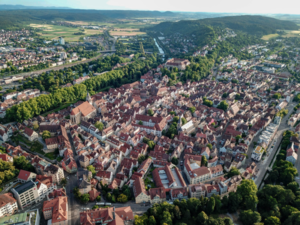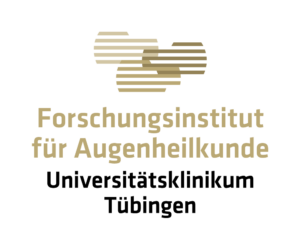About Tübingen
Tübingen is a small university town located in the southwest of Germany – approx. 30 km south of Stuttgart. The picturesque town is known for its rich history, vibrant student culture, and stunning natural surroundings. Particularly, the medieval Old Town, with its narrow cobblestone streets, half-timbered houses, and charming market square, is a major draw for tourists. Almost a third of Tübingen’s 90,000 inhabitants are students.
The Eberhard Karls University of Tübingen is one of Germany's oldest and most prestigious universities. More recently, with the Cyber Valley initiative, Tübingen became also a hotspot for research in the fields of machine learning, robotics, and computer vision.
The Neurosciences in Tübingen with more than 100 active research groups have the potential to rank among the most successful neuroscientific sites in Europe. Scientists in Tübingen pursue theoretical, system-neuroscientific, molecular and clinical research approaches in their entire breadth with a wide range of methods. The Tübingen Neuro Campus wants to ensure the optimal use of Tübingens potential with respect to research, education and application.
The Institute for Ophthalmic Research
The Institute for Ophthalmic Research is headed by Prof. Dr. Marius Ueffing and cooperates closely with the University Eye Hospital headed by Prof. Dr. med. Karl Ulrich Bartz-Schmidt under the umbrella of the Centre for Ophthalmology at the University of Tübingen Medical Centre.
The Institute aims at uncovering the causes for degenerative, inflammatory, neoplastic, and vascular diseases of the eye and developing diagnostics and therapies based on these discoveries. It houses several scientific teams who work together to reveal the functional organization of the retina, and analyze genetic variation, relevant pathways and disease mechanisms at molecular, cellular and systemic level. These teams offer a multifaceted portfolio of competencies including multi-omics approaches, computational biology, pathophysiology and toxicology, neurophysiology, advanced imaging, computational neuroscience, pre-clinical studies and clinical trials.




